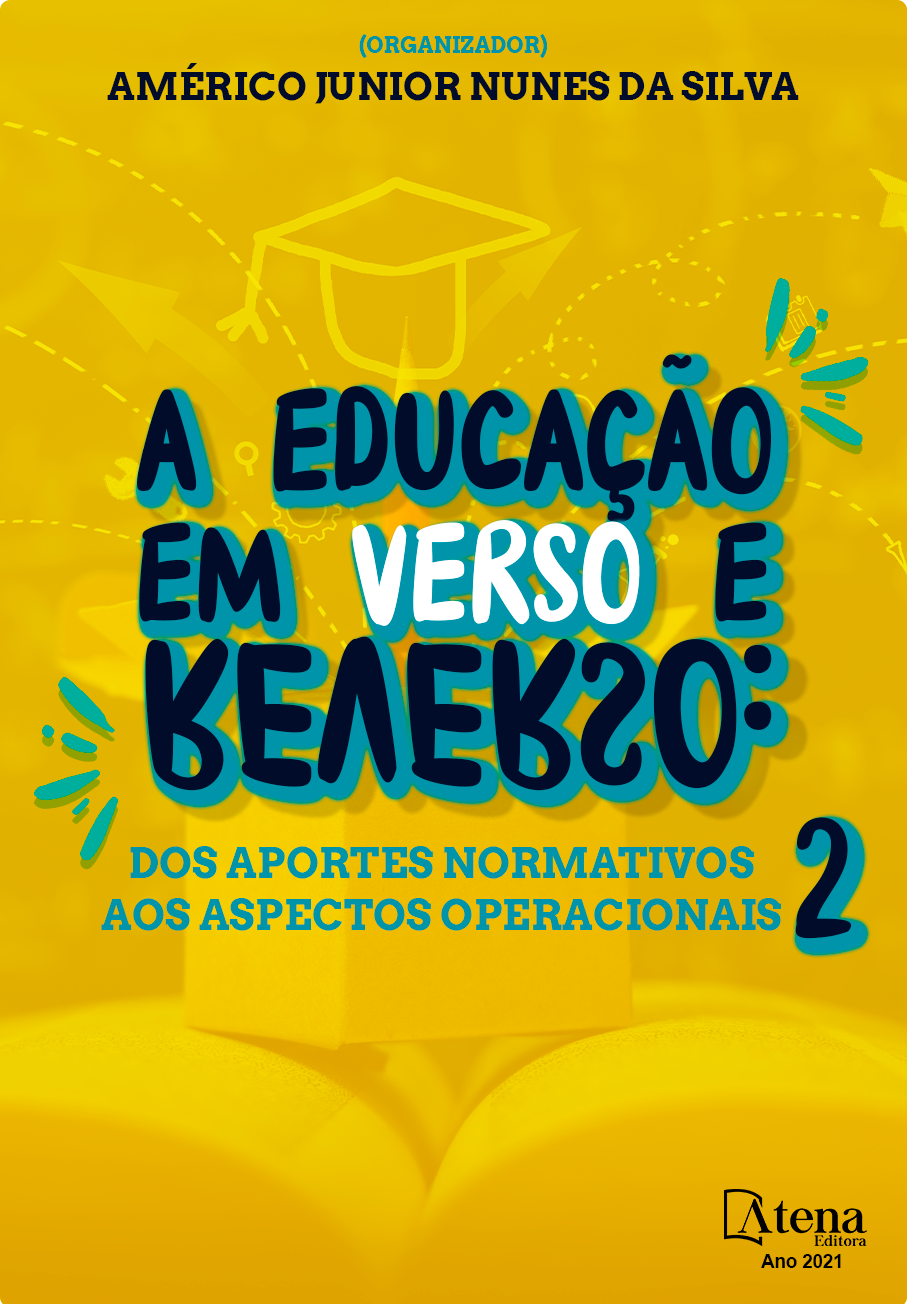
Potencialidades do Ensino Online no alargamento do acesso às Instituições de Ensino Superior
Na sociedade do conhecimento globalizada, não podem as Instituições de Ensino Superior (IES) deixar de olhar para o ensino online como um fator crítico na sua política e gestão estratégica e refletir sobre a forma de integração deste modelo de ensino na sua oferta formativa.
Para além do papel tradicional das IES na formação inicial, estas têm vindo a incrementar um novo vetor de formação e aprendizagem ao longo da vida (ALV), nomeadamente na disponibilização de cursos, mestrados e programas de pós-graduação em regime de b-learning e de formação a distância (Cação & Dias, 2003; Graham, 2006). A constante inovação tecnológica e os atuais processos industriais e empresariais requerem uma contínua e necessária aquisição de novos conhecimentos, capacidade de gestão da informação e desenvolvimento de novas competências de forma a manter uma elevada produtividade e eficiência no trabalho, assumindo desta forma a ALV um peso crescente na economia e gestão das IES (Inoue, 2009; Moore & Kearsley, 2005).
Deste modo, de forma a otimizar os seus recursos e na sequência de crescentes necessidades de autofinanciamento, as IES podem, através do ensino online, diversificar as suas atividades e oferta, seja para qualificação profissional, investigação ou atualização de conhecimentos, assim como, ao nível da cooperação internacional no intercâmbio e difusão de práticas. Com a facilidade introduzida pelas tecnologias digitais e Internet aliadas às vantagens do ensino online (Moreira & Monteiro, 2012), e ainda com a língua portuguesa como pano de fundo e elemento unificador nas instituições lusófonas, novos públicos começaram a aceder às IES e continuarão com elevada probabilidade a aceder no futuro.
Em conclusão é apresentado um levantamento da oferta formativa do Instituto de Educação da Universidade de Lisboa, em b-learning e a distância, verificando-se um evidente crescimento e aposta em modelos de ensino online.
Potencialidades do Ensino Online no alargamento do acesso às Instituições de Ensino Superior
-
DOI: https://doi.org/10.22533/at.ed.39221090715
-
Palavras-chave: Ensino online, E-learning, B-learning, Ensino Superior, Aprendizagem ao Longo da Vida
-
Keywords: Online teaching, E-learning, B-learning, Higher Education, Lifelong learning
-
Abstract:
In the globalised knowledge society, Higher Education Institutions (HEIs) must consider online education as a critical factor in their policy and strategic management, and reflect on how to integrate this education model in their training offer.
In addition to the traditional role of HEIs in initial training, they have been increasing a new vector of training and lifelong learning, namely in the provision of b-learning and distance learning courses, masters and postgraduate programmes (Cação & Dias, 2003; Graham, 2006). The constant technological innovation and the current industrial and business processes require a continuous and necessary acquisition of new knowledge, information management capacity and development of new skills in order to maintain high productivity and efficiency at work, thus assuming a growing weight in the economy and management of HEIs (Inoue, 2009; Moore & Kearsley, 2005).
Thus, in order to optimise their resources and following the growing need for self-financing, HEIs can, through online education, diversify their activities and offer, whether for professional qualification, research or knowledge update, as well as, at the level of international cooperation in the exchange and dissemination of practices. With the ease introduced by digital technologies and the Internet combined with the advantages of online education (Moreira & Monteiro, 2012), and also with the Portuguese language as a backdrop and unifying element in Lusophone institutions, new publics have begun to access HEIs and will continue to do so with high probability in the future.
In conclusion, a survey of the training offer of the Institute of Education of the University of Lisbon is presented, in b-learning and distance learning, verifying an evident growth and investment in online teaching models. -
Número de páginas: 12
- Ana Luísa Rodrigues


